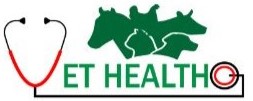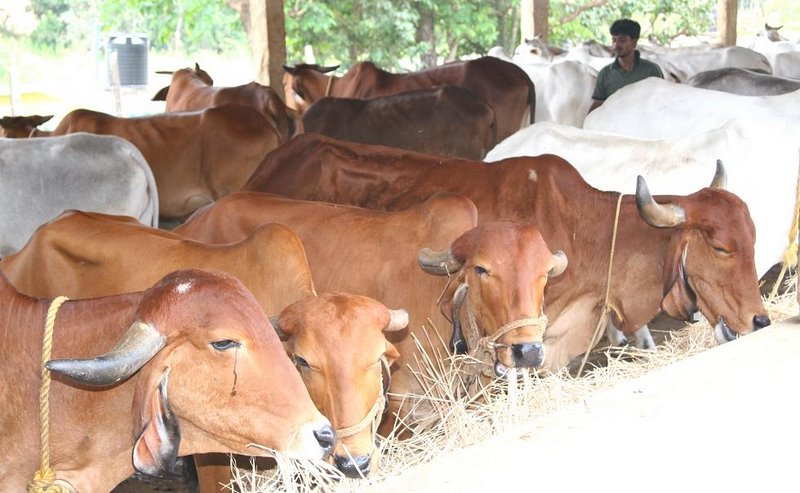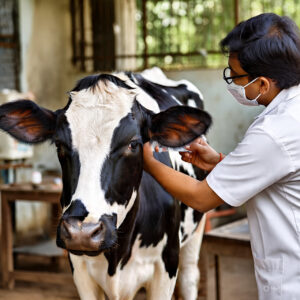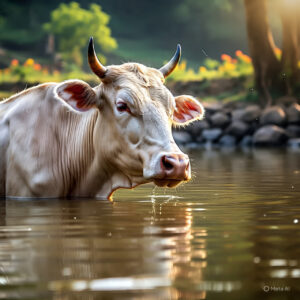🐄 Deworming in Cattle and Home Remedies for Cow Fever
Maintaining cattle health requires regular care, especially in rural and dairy farm settings. Two essential aspects are timely deworming and using natural home remedies for cow fever. Here’s what you should know to keep your cattle strong and productive.
🌿 Why Deworming in Cattle is Essential
Internal parasites like roundworms, tapeworms, and flukes can reduce feed efficiency, milk production, and overall health. Deworming helps:
- Improve digestion and nutrient absorption
- Boost immunity and resistance to infections
- Support growth in young calves
- Prevent weight loss and weakness
✅ Recommended Deworming Schedule:
Cattle should be dewormed every 3 to 6 months, depending on grazing conditions and veterinary guidance.
✅ Natural Deworming Options:
- Neem Leaf Powder: Can help cleanse the digestive tract
- Papaya Seeds: Crushed seeds act as a natural dewormer
- Garlic Paste: Known for its antiparasitic properties
Always consult a veterinarian before switching or combining deworming agents.
🌿 Home Remedies for Cow Fever – Safe and Natural
Fever in cows may occur due to infections or weather stress. For mild fevers, the following home remedies can help manage symptoms effectively:
🔹 Neem Leaf Water for Cow Fever
Boil neem leaves in water, cool it, and offer it to the cow. Neem’s antibacterial properties support natural healing.
🔹 Tulsi and Pepper Drink
Prepare a decoction with tulsi leaves and black pepper. This helps in lowering fever and improving respiratory health.
🔹 Ginger and Turmeric Mix
A paste made from fresh ginger and turmeric, mixed with jaggery, helps reduce internal heat and inflammation.
🔹 Hydration and Shade
Ensure the cow has access to clean water and shade during fever. You can also gently bathe the cow in the morning.
⚠️ Note: These remedies are only suitable for mild cases. Always contact a vet if fever persists for more than 48 hours.




